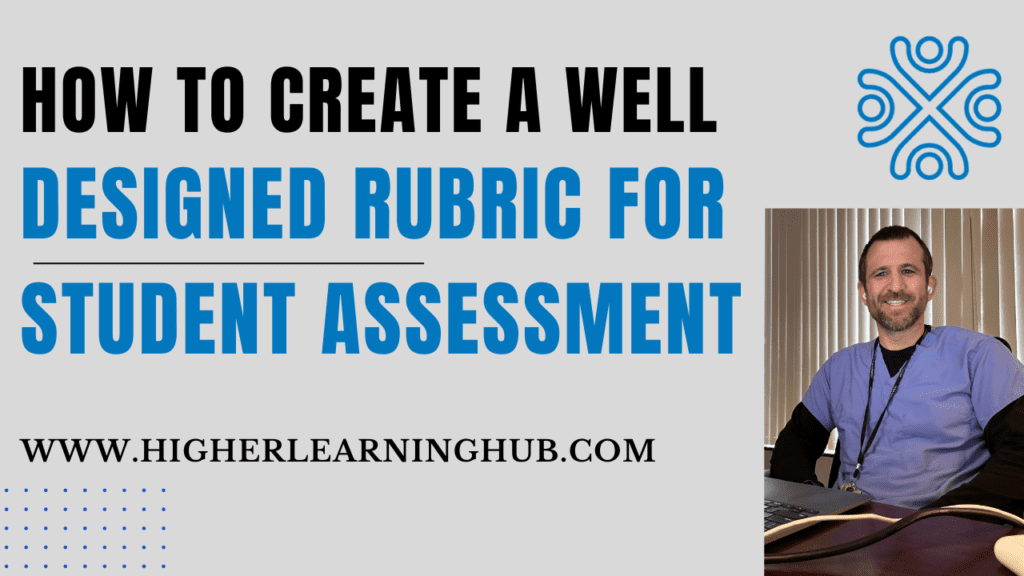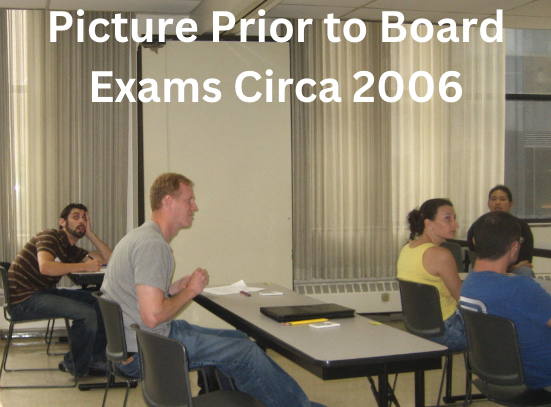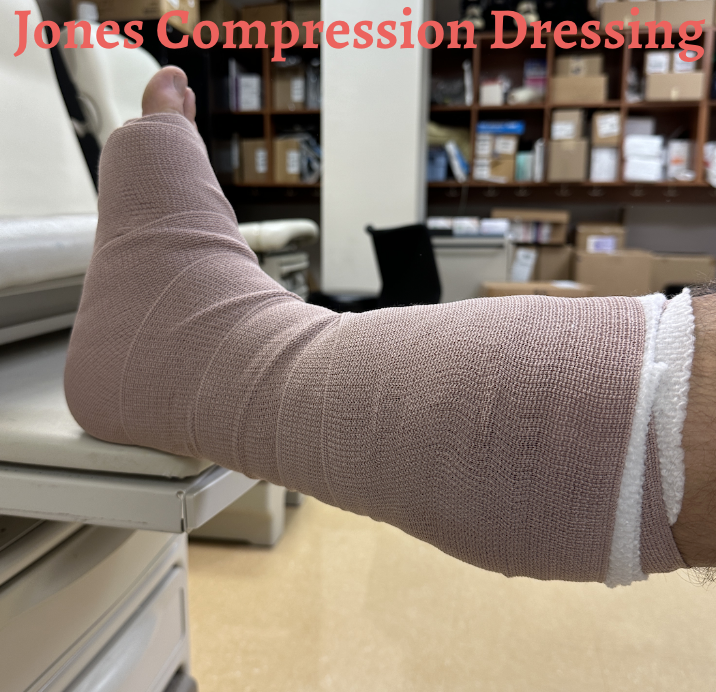Embarking on an educational journey is a transformative experience that lays the foundation for personal and intellectual growth. However, it’s important to acknowledge that this path can sometimes present challenges. The path toward achieving a goal is not always linear, and often times there are setbacks along the way. One of the most valuable skills a student can develop is the ability to ask for help when needed. In this blog post, I’ll explore the significance of seeking assistance in school and how it can positively impact your academic and personal development.
Fostering a Growth Mindset
Asking for help is a sign of strength, not weakness. It signifies a growth mindset, a belief that intelligence and abilities can be developed through dedication and effort. Recognizing your own limitations and seeking assistance demonstrates a commitment to learning and a determination to overcome obstacles, ultimately leading to greater academic achievements.
Expanding Your Knowledge Base
Schools are teeming with resources, from teachers and tutors to classmates and librarians (RFU Office of Academic Support). Each of these individuals possesses a wealth of knowledge and expertise. By actively seeking help, you tap into this vast network, gaining access to a diverse range of perspectives and insights that can significantly enhance your understanding of the subject matter.
Overcoming Academic Challenges
Throughout your academic journey, you’ll encounter concepts or assignments that may prove particularly challenging. Instead of struggling in isolation, asking for help can provide the clarity and guidance you need. Embracing assistance from your professors also helps to assist your faculty in understanding your personal strengths and weaknesses, and to elevate your knowledge base. Whether it’s seeking clarification from a teacher, participating in study groups, or utilizing tutoring services, taking the initiative to seek assistance can make a substantial difference in your comprehension and performance.


Strengthening Time Management Skills
Effective time management is crucial in any educational setting. Knowing when to ask for help can save you valuable time and prevent you from becoming overwhelmed. By seeking guidance early on, you can address issues promptly, allowing you to stay on track with your coursework and extracurricular activities. I’m personally a fan of checklists each morning to “triage” what tasks have higher priority throughout the day. I have multiple “Stickies” on my Macbook desktop to remind me what needs to be accomplished during any particular day.


Nurturing Emotional Well-being
The demands of school can sometimes take a toll on your mental and emotional well-being. Feeling isolated or overwhelmed is not uncommon. Asking for help, whether from teachers, counselors, or peer support groups, can provide you with the emotional support and resources needed to navigate these challenges successfully.
Cultivating Lifelong Learning Skills
The ability to ask for help is a fundamental skill that extends far beyond the classroom. It’s a crucial aspect of effective communication, problem-solving, and collaboration, all of which are highly valued in both educational and professional settings. Developing this skill in school sets you up for success in your future endeavors.
Building a Supportive Learning Community
Schools thrive on a sense of community and collaboration. When you ask for help, you not only benefit yourself but also contribute to the overall learning environment. Your questions and contributions can stimulate discussions, encourage others to seek assistance, and create a supportive atmosphere that enhances the educational experience for everyone. Believe me, when I tell you that your faculty encourages you to seek assistance, we love to hear from you!
Conclusion
In school, asking for help is a powerful tool that empowers you to take control of your learning journey. It demonstrates a growth mindset, expands your knowledge base, and equips you with invaluable life skills. It also supports your emotional well-being and fosters a vibrant learning community. Embrace the opportunity to seek assistance—it’s a crucial step on the path to academic and personal success.
As always, comments are welcomed and encouraged! I’d love to hear your thoughts on this topic!


Leland Jaffe DPM, FACFAS
Associate Professor at Dean
Podiatric Foot and Ankle Surgeon
North Chicago, Illinois







